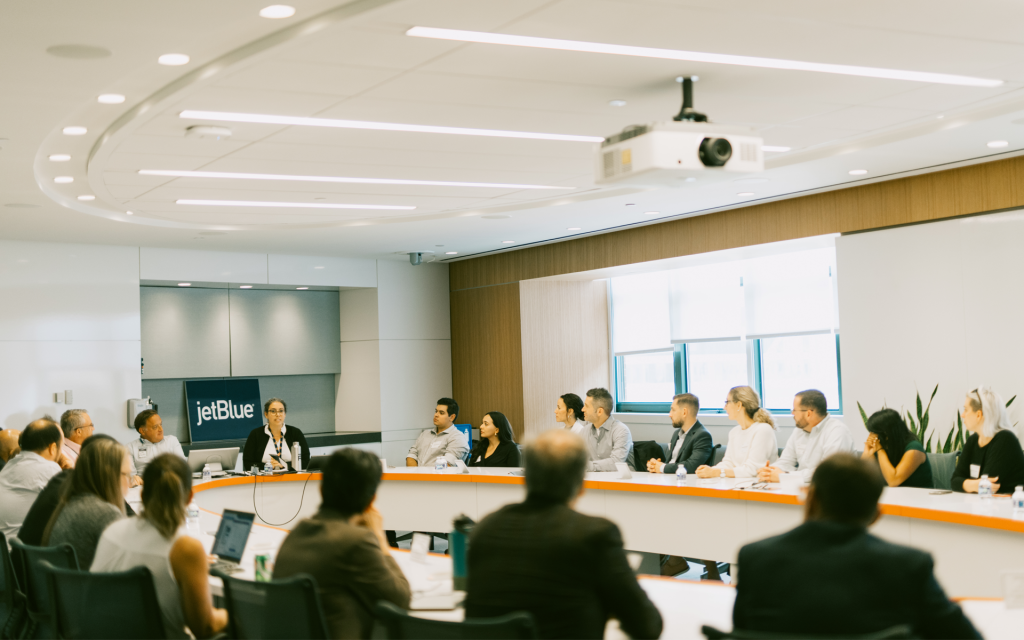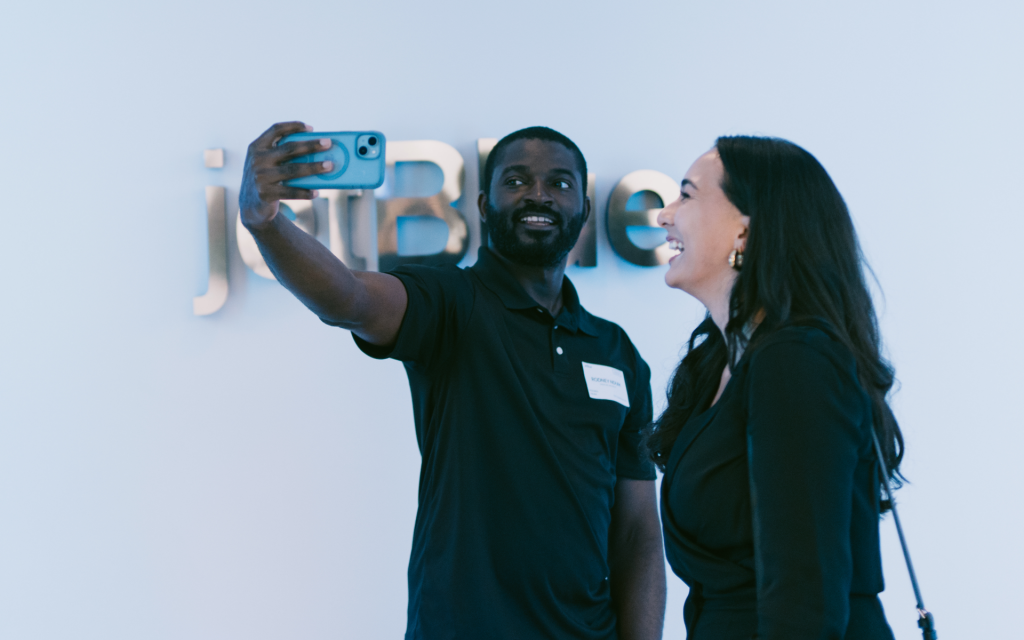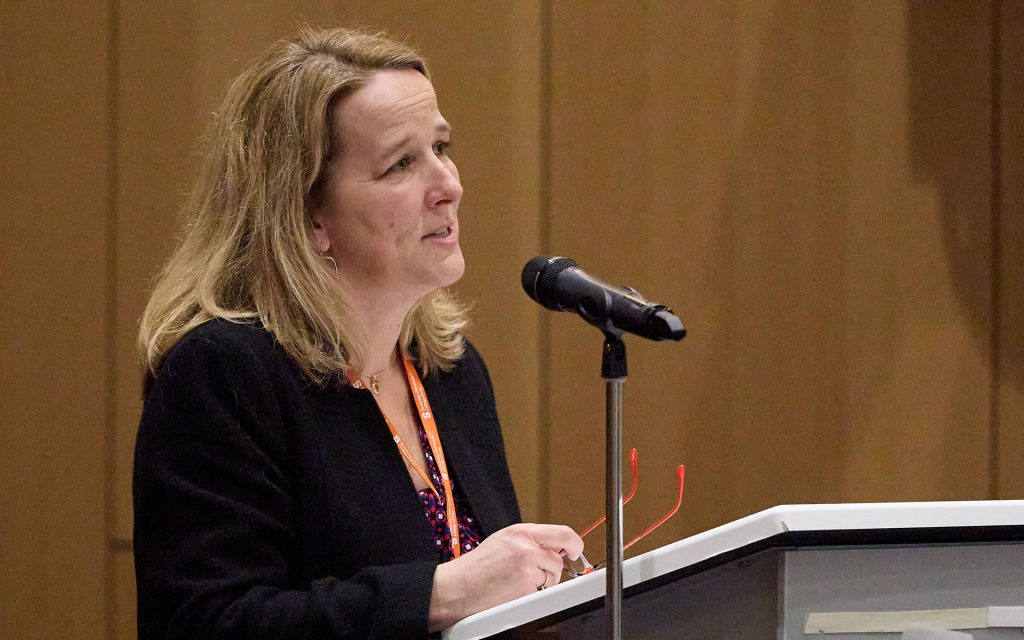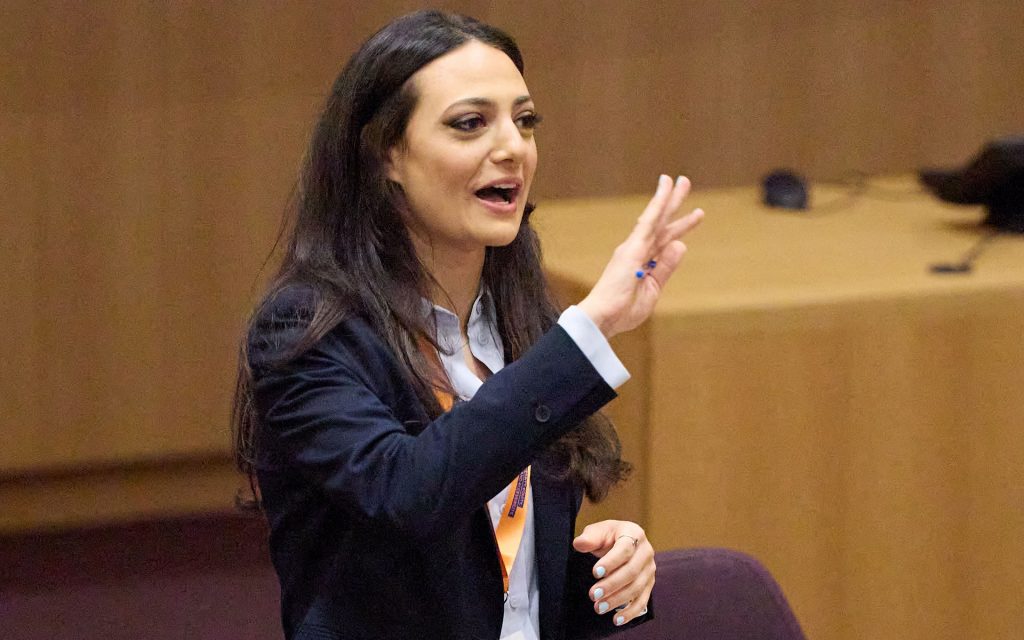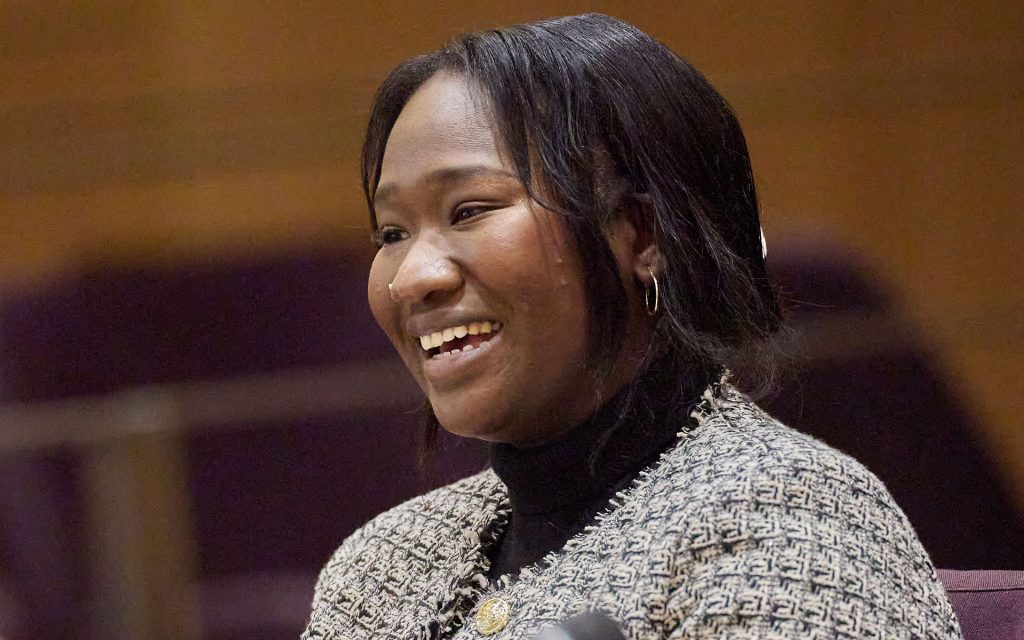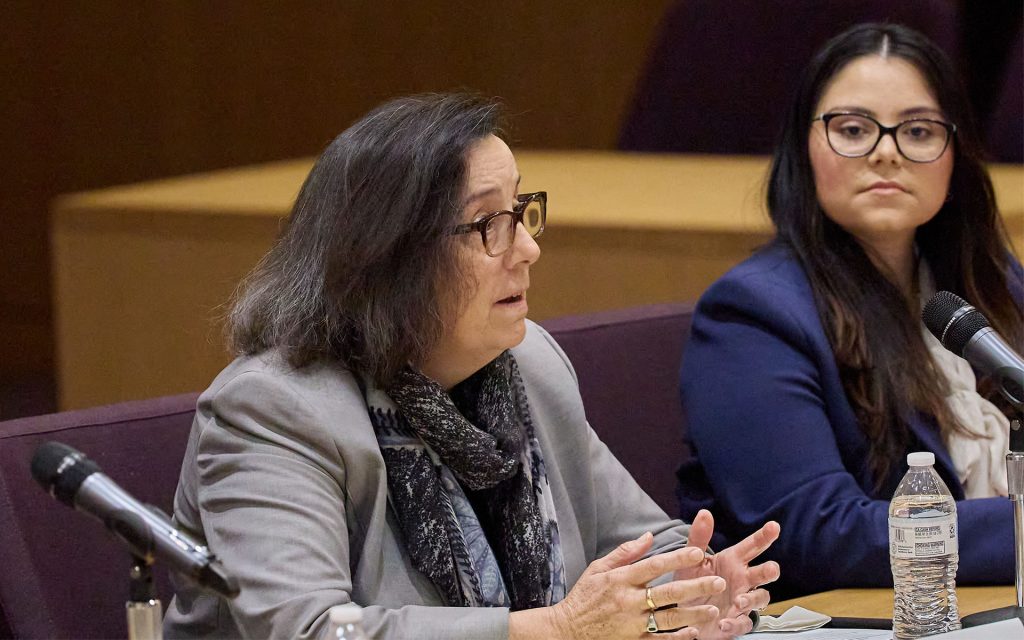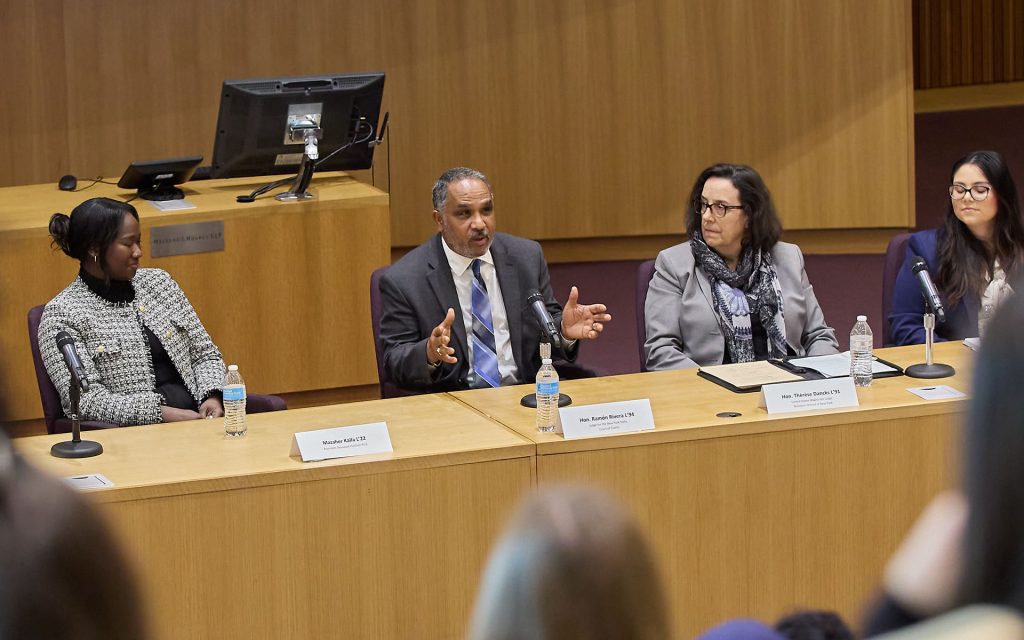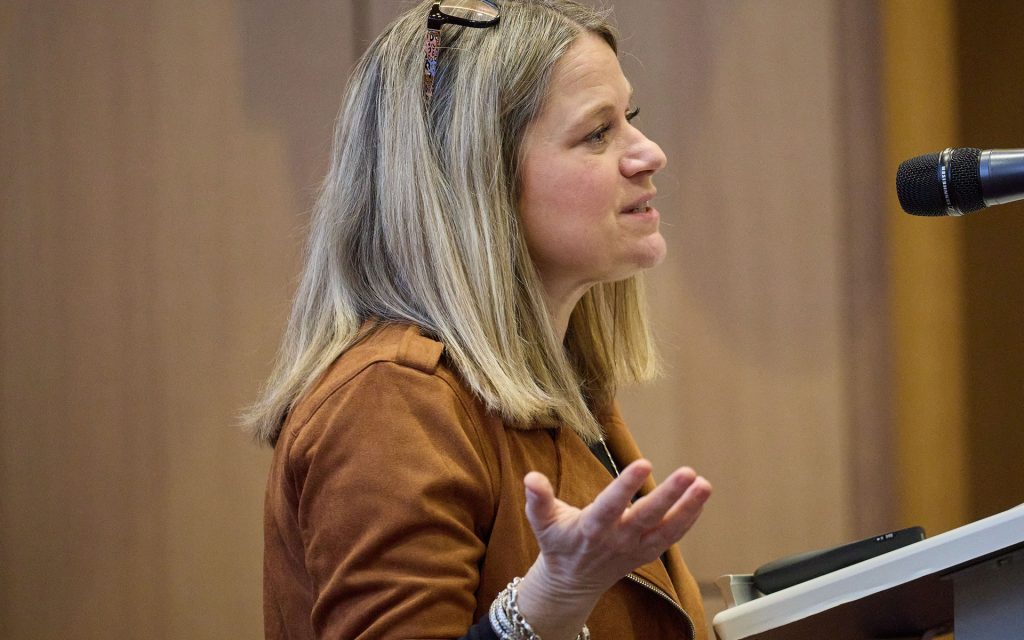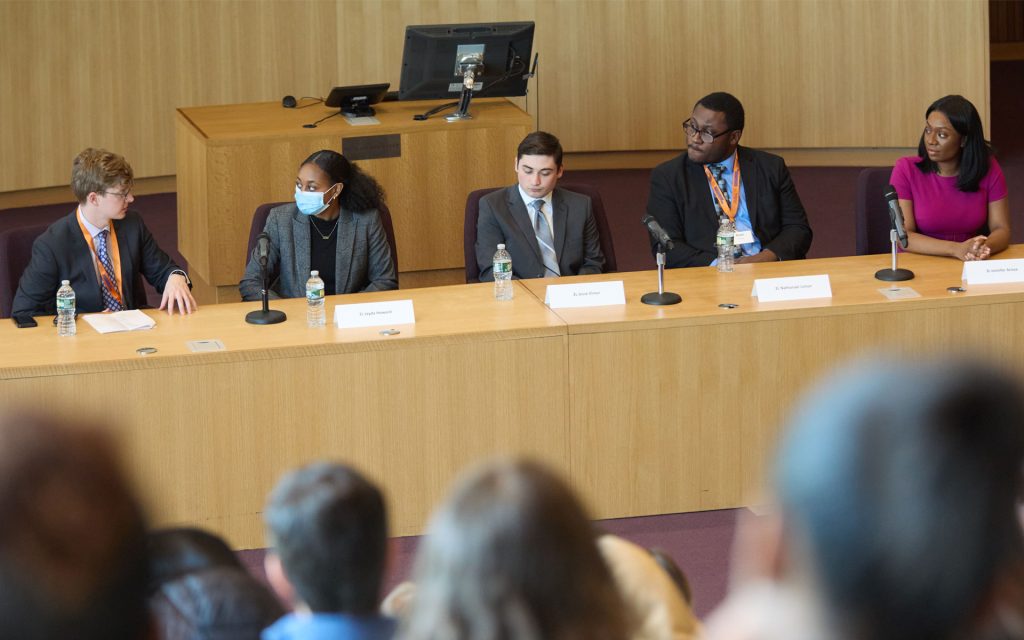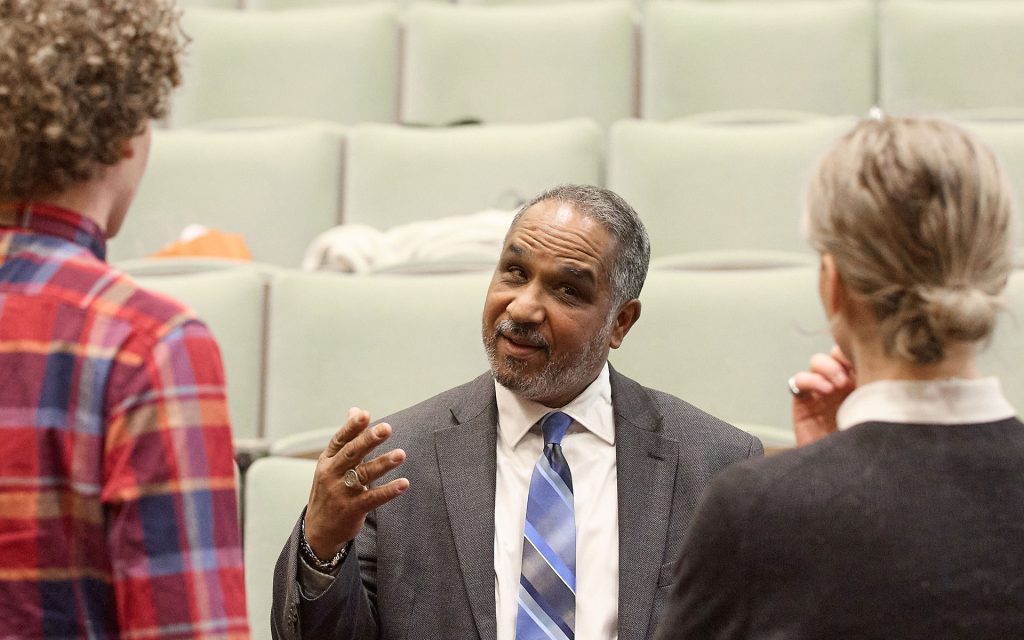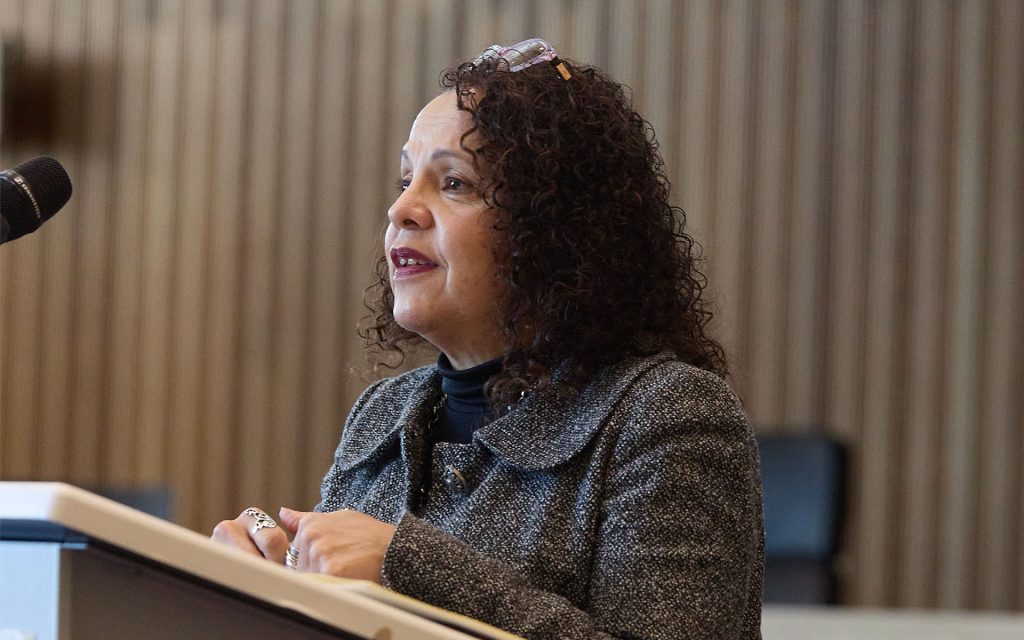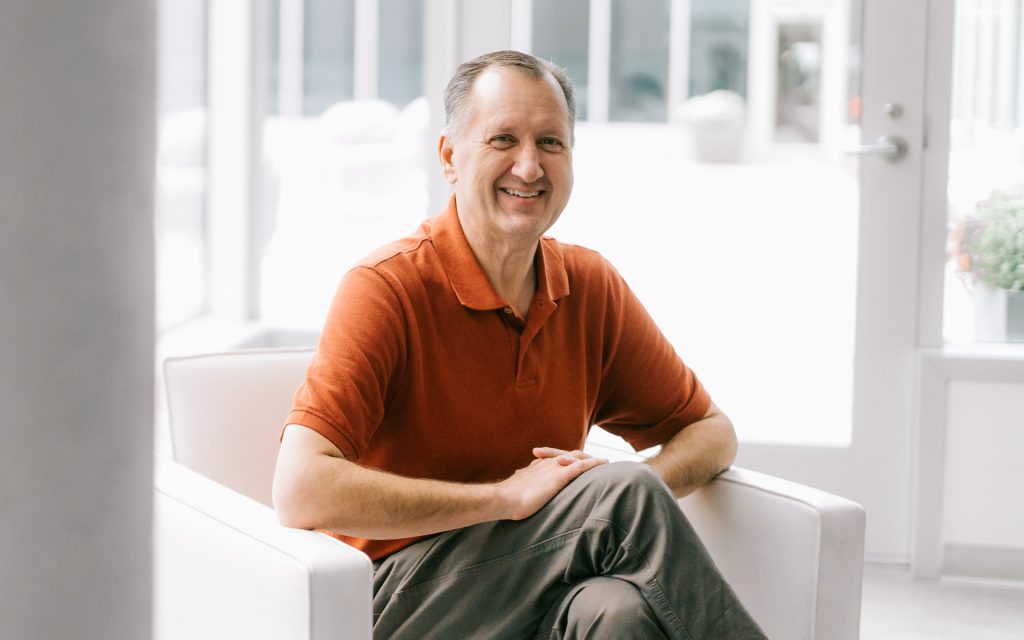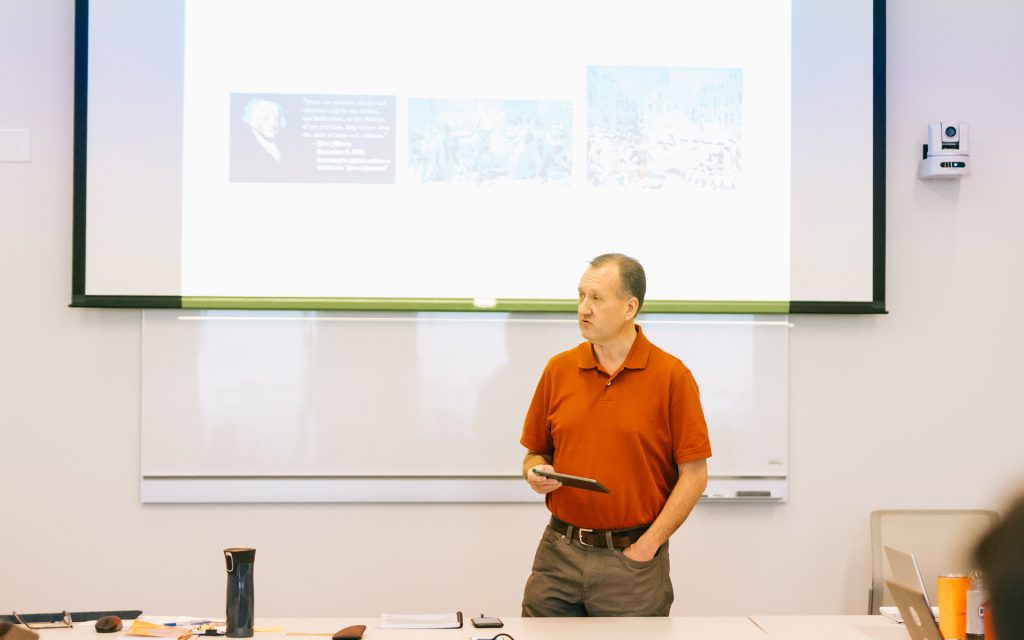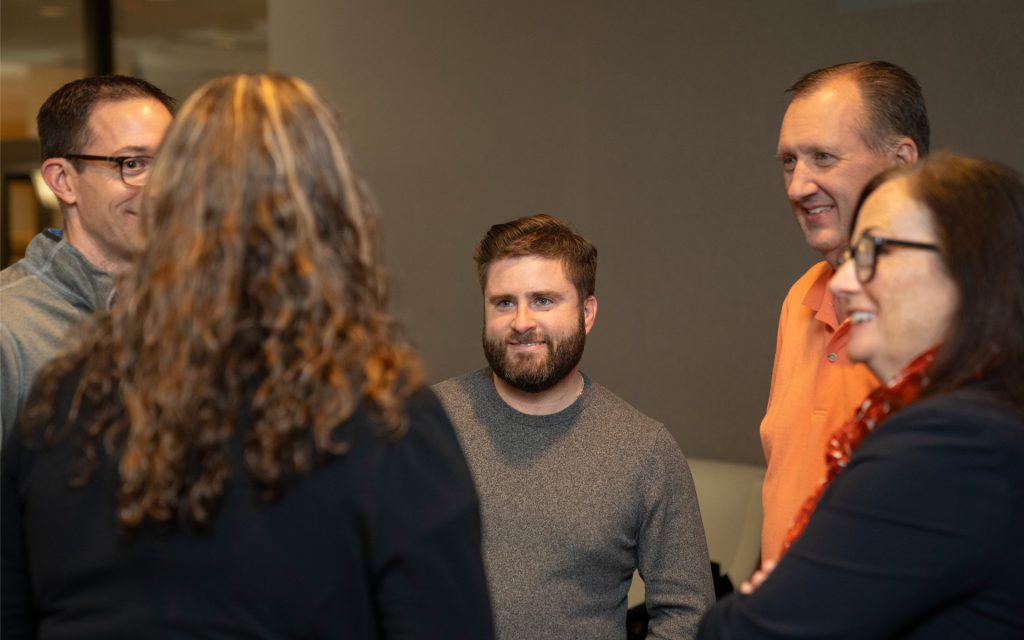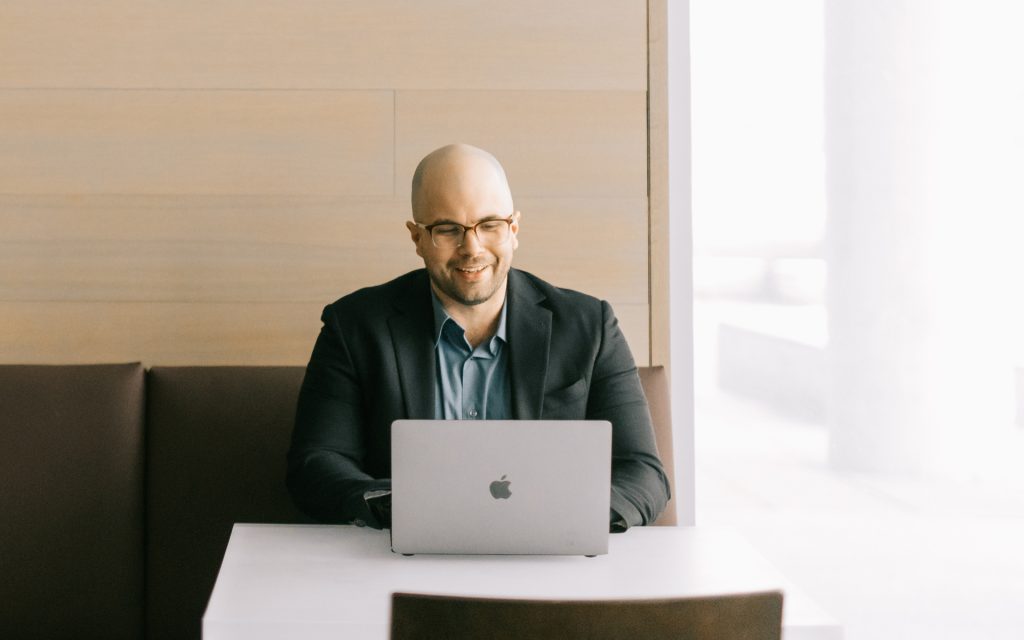
U.S. Army Staff Sergeant Joseph Creager L’26 has been interested in the law since taking courses in criminal and constitutional law in high school. But after graduating, he decided to major in graphic design in a traditional college program. It wasn’t for him, so, after working as a freelancer and at a few other jobs, he joined the Army in 2013, serving as an infantryman for his first five years of service.
It was when Creager joined the Army that he started seriously considering his future and what he might like to do after he left the military. In 2018, he reclassed to be an Army paralegal and earned his bachelor’s degree in business administration from an online program through Colorado Technical University in 2020. Shortly after, he started studying to take the LSATs and apply to law schools. By that time, Creager had moved into a role as a senior paralegal. He knew that his full-time commitment to the Army, along with his responsibilities to his wife and two children would make adding law school a challenge, but he was eager to try. Knowing that his experience with his online bachelor’s degree had been successful, he chose to enroll in the JDinteractive (JDi) program at Syracuse University College of Law.
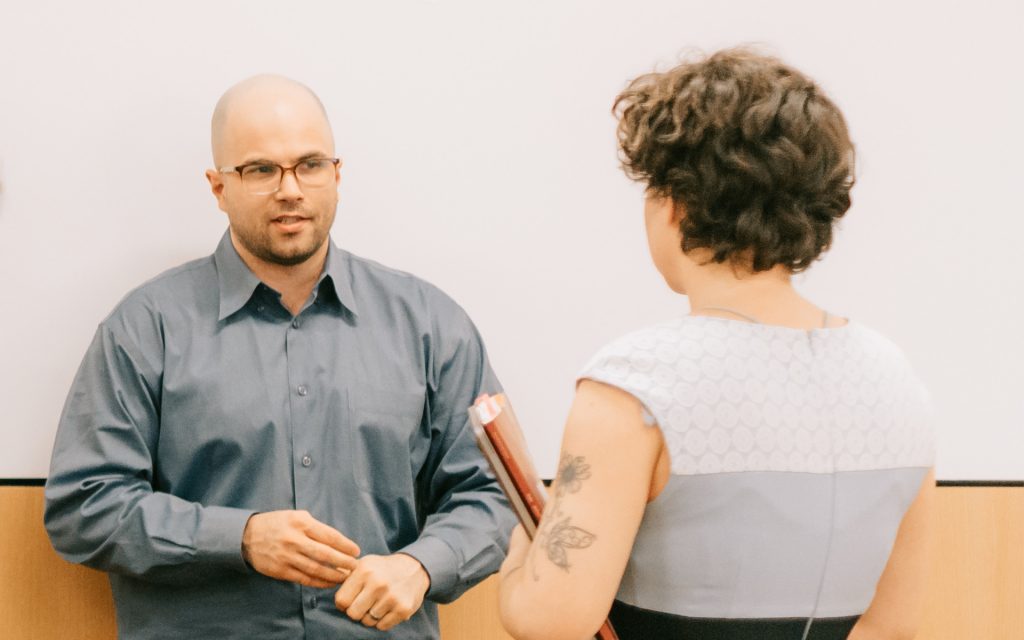
“The JDi program is flexible. If an active-duty soldier can make it work, I think anyone can,” says Creager, who credits two JAG officers, Maj. Jonathan Womack and Maj. Alexander Hernandez, with encouraging him to pursue his legal ambitions.
He started the program in 2022 while preparing to transfer from Ft. Liberty in North Carolina to Ft. Drum in Upstate New York. In fact, he made the move just 48 hours after his first final exams. “I will say that without this online program, it would be impossible. But, anytime I talk to someone about it, I make a point to emphasize that ‘online’ and ‘flexible’ does not mean ‘easy.’ The JDi program is challenging. You must put in the work if you expect to succeed,” he says.
“It is amazing how many professionals out there are looking to expand their knowledge with a legal education or change careers altogether. I’m glad to be a part of it. Syracuse Law’s JDi program has set the bar high for the future of online legal education.”
Joseph Creager L’26
Creager is completing his course work on a part-time basis, as the JDi program allows students to take as many as seven years to complete their law degrees. At present, Creager is on course to graduate in 2026. And, while he enjoys his classes, he has also attended a number of required in-person residency programs on legal topics at the Syracuse University campus. His favorite has been a residency on trial advocacy presented by Professor of Law Todd Berger, and he also credits Lou Lou Delmarsh, previously the program advisor for JDi (currently the interim director of student experience), and Stephanie Rinko, coordinator for the JDi program, for “making the residencies a great experience.”
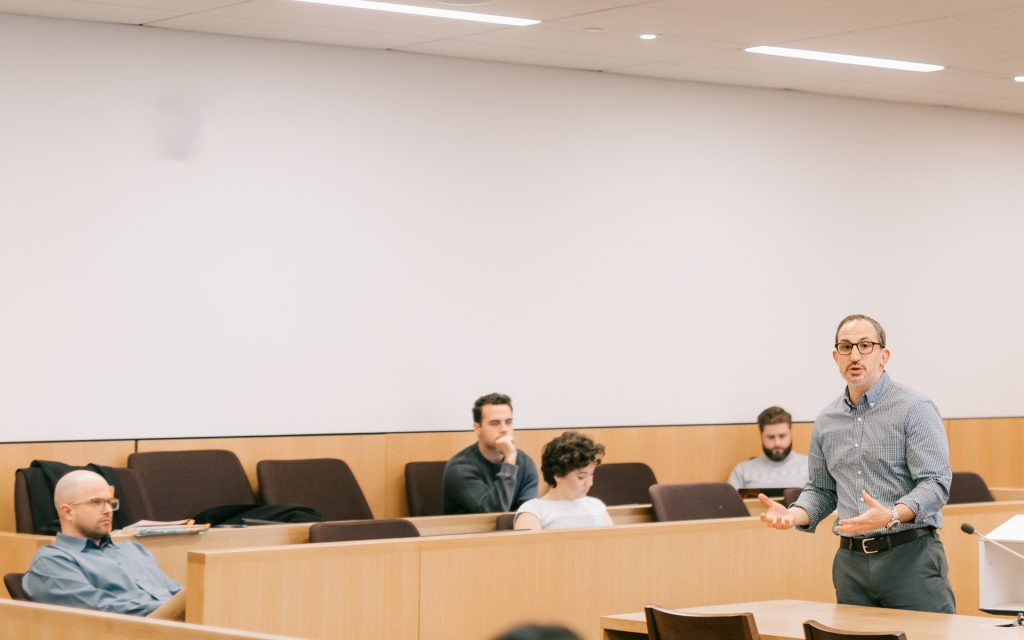
He has received final approval to participate in an externship with the Army’s Office of the Special Trial Counsel at Ft. Drum this summer. His hard work has also earned him a place as a member of the Travis H.D. Lewin Advocacy Honor Society’s Virtual Advocacy Division.
“I have made some good friends with a variety of experiences throughout this program,” says Creager, who intends to be a practicing attorney one day. “It is amazing how many professionals out there are looking to expand their knowledge with a legal education or change careers altogether. I’m glad to be a part of it. Syracuse Law’s JDi program has set the bar high for the future of online legal education.”


